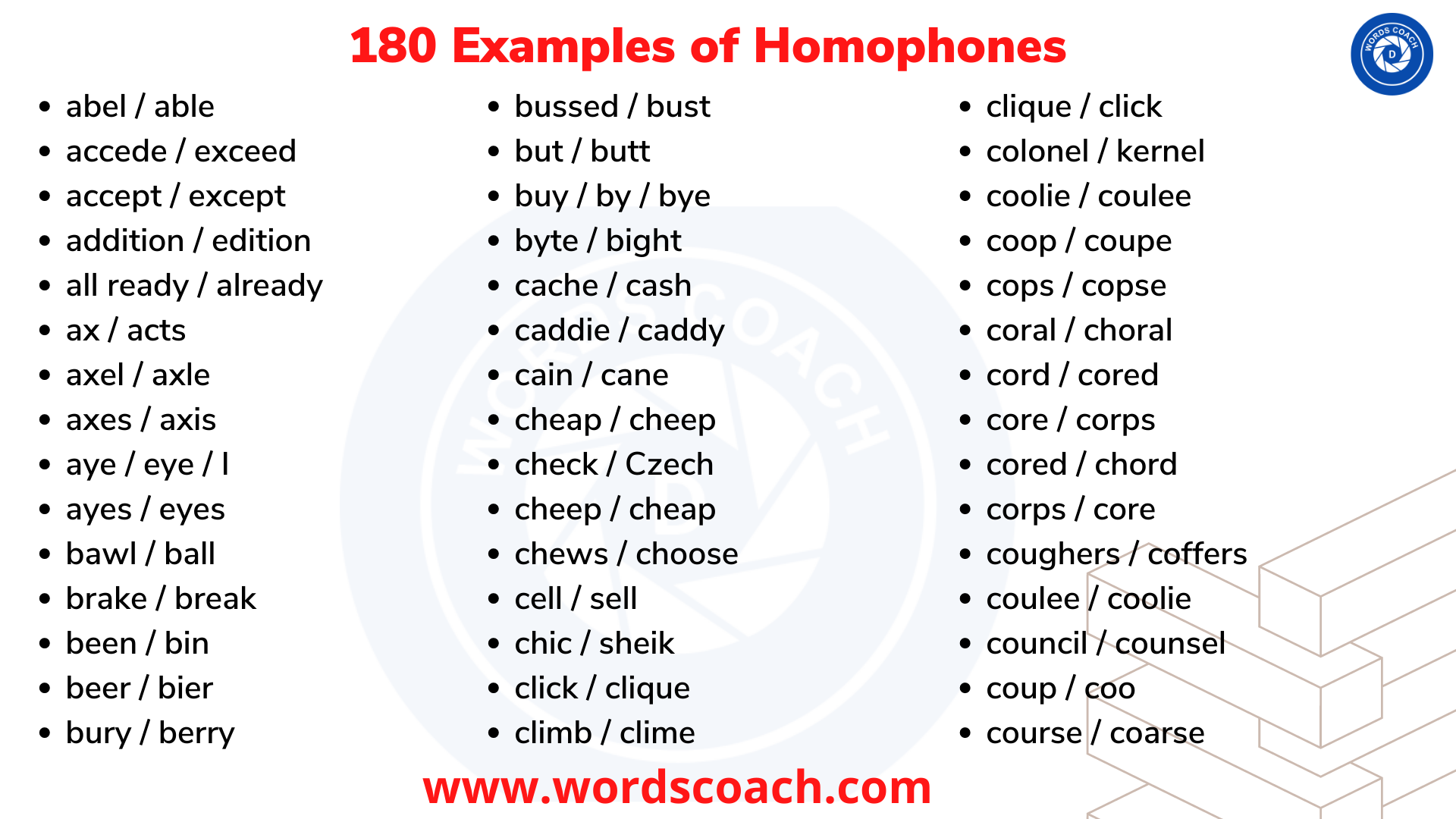Conveyance vocabulary list with definitions
The world is full of movement, and getting from point A to point B involves a fascinating array of vehicles and methods. This blog delves into the vocabulary of conveyance, helping you become a master of describing how people and goods travel across the globe.
Conveyance: The action or process of transporting or carrying someone or something from one place to another.
List of Conveyance vocabulary
- Vehicle
- Car
- Truck
- Bus
- Train
- Bicycle
- Motorcycle
- Boat
- Ship
- Airplane
- Helicopter
- Subway
- Taxi
- Scooter
- Van
- Aeroplane
- Ambulance
- Double Decker
- Ferry
- Goods Train
- Jet
- Jeep
- Lorry
- Launch
- Motor Car
- Motor Cycle
- Pilot
- Plane
- Raft
- Rickshaw
- Railway
- Submarine
- Sailor
- Steamer
Conveyance vocabulary with definitions and example
Here’s a list of conveyance vocabulary with definitions and examples:
Vehicle
- Meaning: A machine, usually with wheels, used for transportation.
- Example: Cars, trucks, and bicycles are types of vehicles.
Car
- Meaning: A motor vehicle with four wheels, typically seating four to five people.
- Example: She drives a red convertible car.
Truck
- Meaning: A large, heavy motor vehicle for transporting goods.
- Example: The delivery truck arrived with our furniture.
Bus
- Meaning: A large motor vehicle carrying passengers by road.
- Example: We took the bus to downtown.
Train
- Meaning: A series of connected vehicles moving on rails, typically used for transporting passengers or goods.
- Example: The train to New York leaves at 9 AM.
Bicycle
- Meaning: A two-wheeled vehicle propelled by pedals.
- Example: He rides his bicycle to work every day.
Motorcycle
- Meaning: A two-wheeled vehicle powered by a motor.
- Example: She enjoys riding her motorcycle on weekends.
Boat
- Meaning: A small vessel for traveling on water.
- Example: We went fishing in a small boat.
Ship
- Meaning: A large boat for transporting goods or people by sea.
- Example: The cruise ship sailed to exotic destinations.
Airplane
- Meaning: A powered flying vehicle with fixed wings and jet engines.
- Example: We took an airplane to Paris.
Helicopter
- Meaning: A type of aircraft with rotating blades that can hover and fly vertically.
- Example: The helicopter landed on the rooftop.
Subway
- Meaning: An underground electric railroad.
- Example: He takes the subway to work every morning.
Taxi
- Meaning: A car licensed to transport passengers for hire.
- Example: We hailed a taxi to the airport.
Scooter
- Meaning: A small, two-wheeled vehicle propelled by a motor.
- Example: She rides her scooter to school.
Van
- Meaning: A medium to large motor vehicle used for transporting goods or people.
- Example: The band travels in a custom-painted van.
Aeroplane
- Meaning: British spelling for airplane.
- Example: He boarded the aeroplane for his business trip.
Ambulance
- Meaning: A vehicle used for transporting injured or sick people to the hospital.
- Example: The ambulance rushed to the scene of the accident.
Double Decker
- Meaning: A bus or train with two levels of seating.
- Example: We rode on a double-decker bus in London.
Ferry
- Meaning: A boat or ship used to transport passengers and vehicles across a body of water.
- Example: The ferry took us across the harbor.
Goods Train
- Meaning: A train used for transporting goods or freight.
- Example: The goods train carried containers across the country.
Jet
- Meaning: A fast aircraft powered by jet engines.
- Example: She flew on a private jet to the conference.
Jeep
- Meaning: A small, rugged vehicle designed for off-road travel.
- Example: They explored the wilderness in a Jeep.
Lorry
- Meaning: British term for a large, heavy motor vehicle for transporting goods; equivalent to truck.
- Example: The delivery lorry arrived with our furniture.
Launch
- Meaning: A small motorboat used for short trips, often for pleasure.
- Example: They went for a ride in their new launch on the lake.
Motor Car
- Meaning: An older term for a car or automobile.
- Example: Early motor cars were much simpler in design.
Motor Cycle
- Meaning: An older term for a motorcycle.
- Example: He owned a vintage motor cycle from the 1950s.
Pilot
- Meaning: A person who operates an aircraft or other vehicle.
- Example: The pilot guided the plane safely to the runway.
Plane
- Meaning: An older term for an airplane.
- Example: They flew on a propeller plane to the island.
Raft
- Meaning: A simple boat made of logs or other materials tied together.
- Example: They built a raft to float down the river.
Rickshaw
- Meaning: A small, two-wheeled cart pulled by a person, used for transportation in some Asian countries.
- Example: They took a rickshaw ride through the crowded streets.
Railway
- Meaning: A system of tracks along which trains run.
- Example: The railway network connects cities across the country.
Submarine
- Meaning: A watercraft capable of operating underwater.
- Example: The submarine surfaced near the coast.
Sailor
- Meaning: A person who works on a ship or boat.
- Example: The sailor climbed the mast to adjust the sails.
Steamer
- Meaning: A ship or boat powered by steam engines.
- Example: Steamers were a common mode of transport in the 19th century.
This list is just a springboard for your exploration of conveyance vocabulary. With a richer understanding of these terms, you can paint a more vivid picture of movement in your writing and conversations. So, the next time you travel, embrace the journey and all the fascinating conveyances that help us explore the world.
Do you have a favorite mode of conveyance or a unique term for a vehicle in your culture? Share your thoughts in the comments below!









